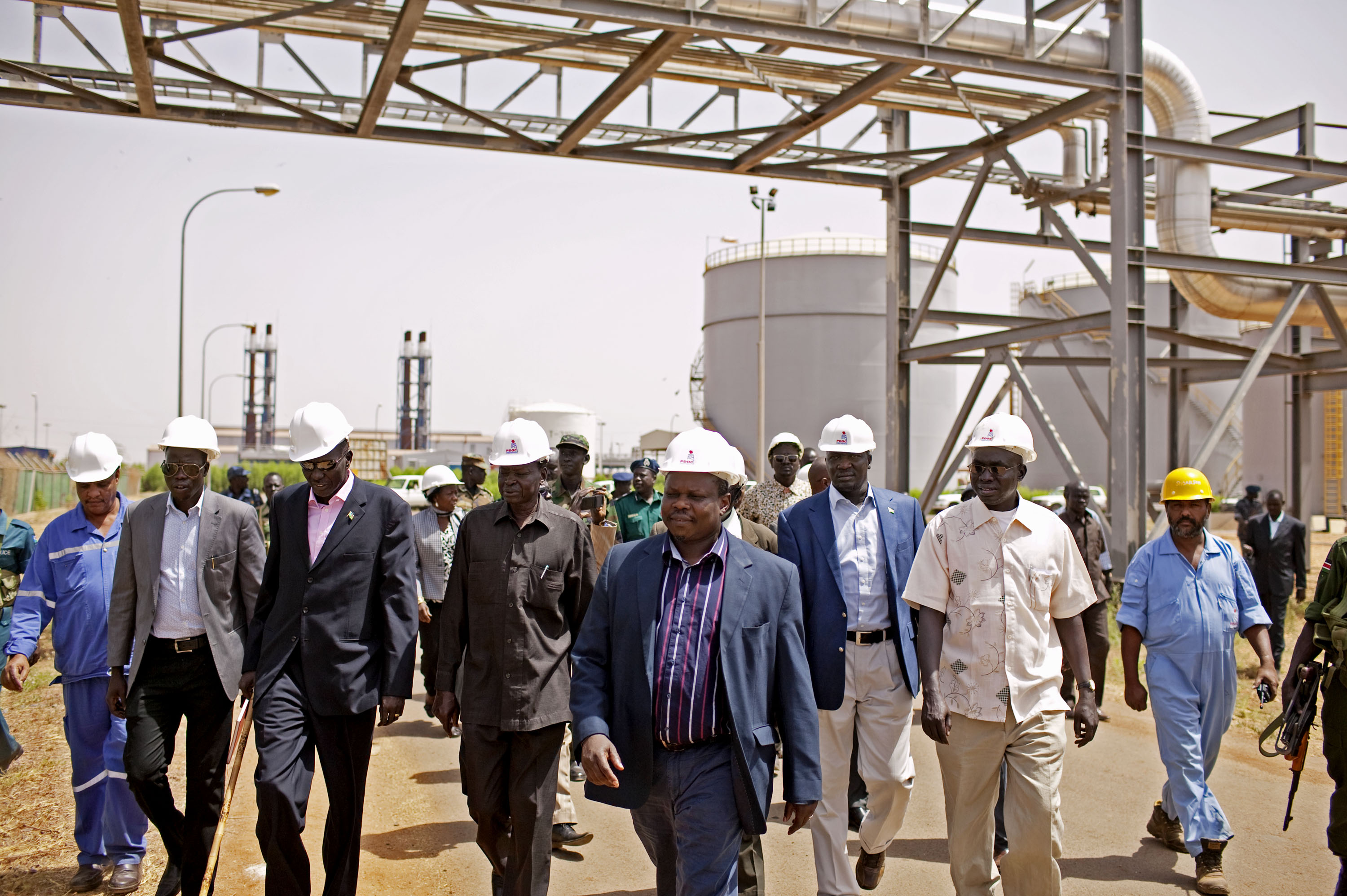
Last week, Sudanese President Omar al-Bashir issued a formal refusal to allow South Sudanese oil to move through its pipelines, an act that violates provisions in the September 2012 Cooperation Agreement, which forbids suspension of transport for alleged violations of other agreements, including accusations of rebel support. The Sudanese government had said last month that it would completely and indefinitely close the transport all of the oil through its pipelines if South Sudan refused to stop funding rebel groups along the border, an allegation Juba has fervently denied.
At a press conference last month,National Security Advisor Susan Rice said on the state of Sudanese affairs, “And what we have seen tragically in Darfur and more recently in the Two Areas—and now with Sudan’s violation of the September 27th Agreement with South Sudan reflected in their decision to suspend oil flows, which are not meant to be suspended under the September 27th Agreement but only for technical reasons, not for political reasons—is discouraging.”
Following South Sudan’s secession and independence, disagreements between Sudan and South Sudan regarding oil and citizenship prompted a 15-month oil production stand-still that was resumed in April 2013, raising hope that both nations’ collapsing economies would improve. The government of Sudan’s refusal to serve as South Sudan’s sole oil conduit has led the South’s total production to decrease from 200,000 barrels per day, or bpd, to 160,000 bpd. This marks the beginning of a complete phase-out until Sudan halts all oil flow on August 7, with potentially dire repercussions, including economic insecurity and continued mistrust in the region.
In June 2013—nearly a year after South Sudan gained independence—hopes that the region would see democratic and economic growth were diminished when the oil standoff prompted demonstrations in Khartoum and deprived South Sudan of 98 percent of its revenues, leading to severe food insecurity and inflation. A year later, mistrust and violence along the Sudans’ shared border, as well as economic insecurity persists, evidenced by President Bashir’s decision that deprives Sudan of transit fees and South Sudan of its only form of transport. South Sudan’s Foreign Affairs ministry spokesman, Mawien Makol Arik, says production “is going to go down gradually until it goes off. This is a decision made by Khartoum … still accusing us of supporting rebels, which is a position we denied. We said we don't do that." According to a press release issued by the government of South Sudan, these accusations are serving as a silk screen, diverting attention away from Sudanese support of rebel groups operating in South Sudan, particularly in Jonglei state, where the South Sudanese Army, or SPLA, is committing serious abuses against civilians in an anti-insurgency campaign.
Sudanese and South Sudanese officials were scheduled to engage in talks on Monday, but talks were postponed, with Sudanese officials neglected to leave for Addis Ababa. However, the African Union has stepped in to address an issue that is most certainly of regional importance; a proposal by former President Thabo Mbeki prompted three generals from the African Union and the Intergovernmental Authority on Development , or IGAD, to travel to Khartoum and Juba in the coming weeks to investigate allegations of rebel support.
South Sudan’s oil minister said today that South Sudan had plans to shut down its oil production ahead of Sudan’s deadline, in order to avoid equipment or environmental damage that could be the result of a unilateral shutdown. More uncertainty lies ahead with South Sudanese President Salva Kiir’s removal of his Vice President Riek Machar, and his decision to dissolve the government in its entirety.
Photo: South Sudan officials visit oil fields in Paloich, South Sudan in 2012 (AP)

